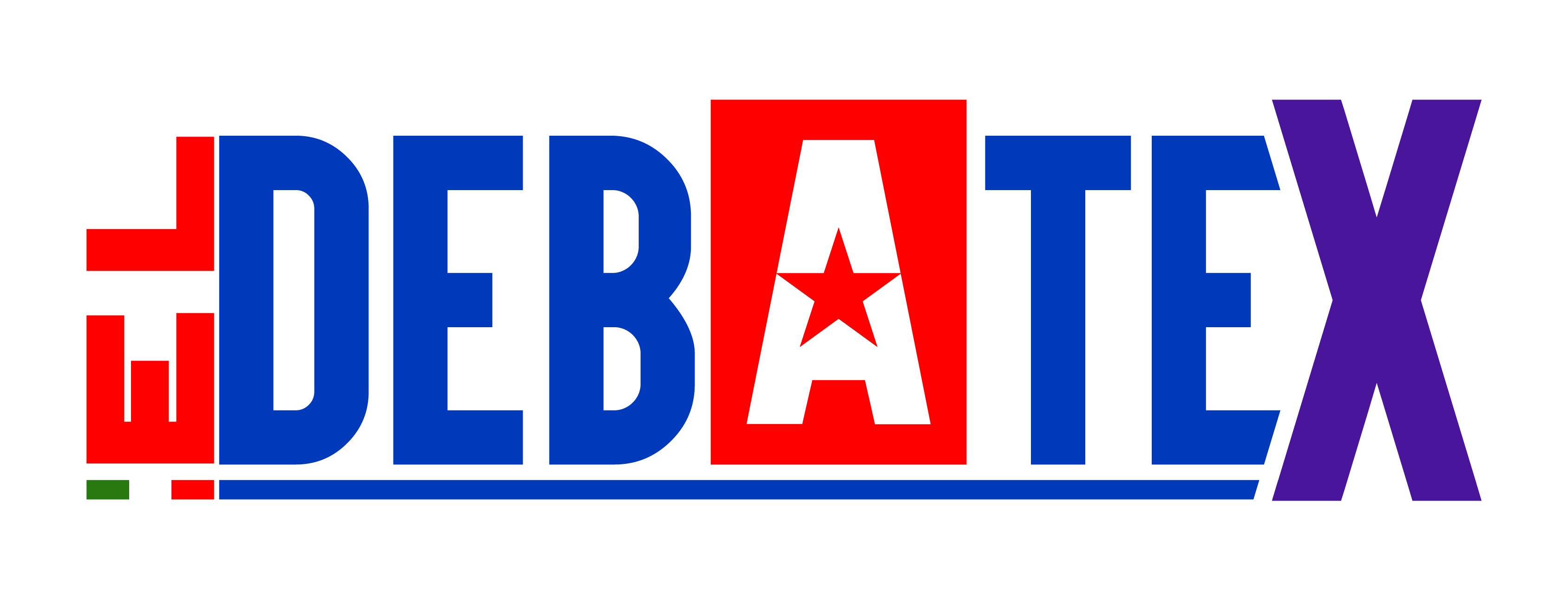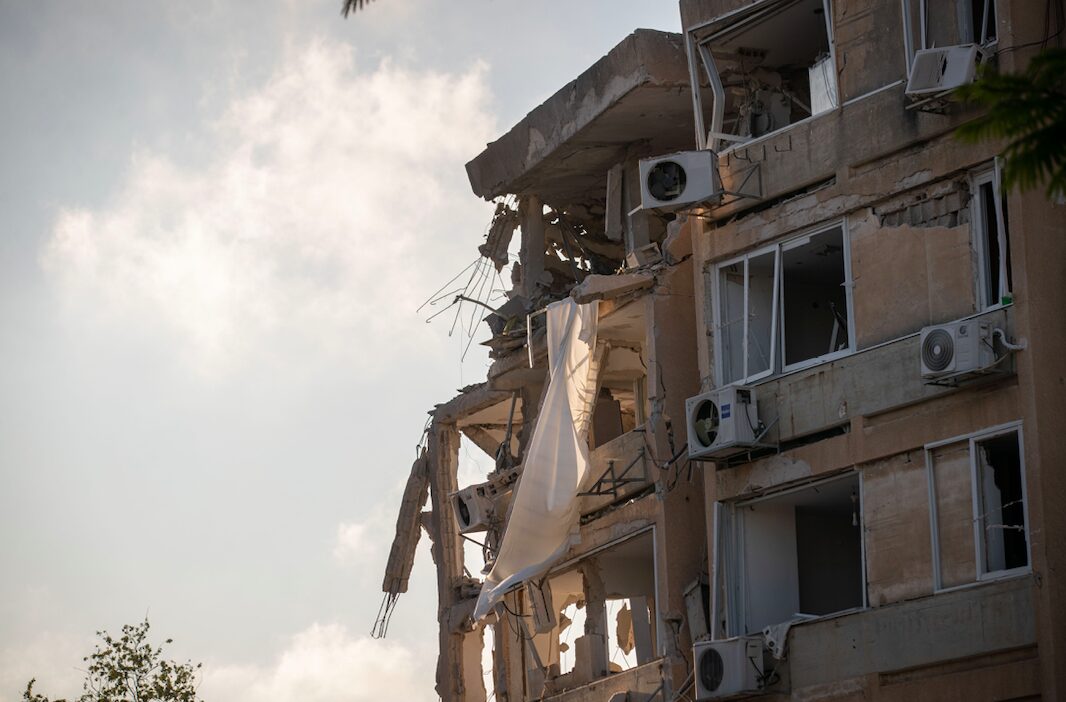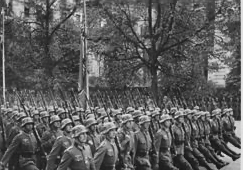IN SUMMARY

By Alfredo Cuéllar
“I know not with what weapons World War III
will be fought, but World War IV
will be fought with sticks and stones.”
— Albert Einstein
Introduction
History doesn’t repeat itself, but it rhymes. Today we are facing international tensions that in many ways resemble the precursors to the First (1914) and Second (1939) World Wars. However, the present technological, strategic, and geopolitical conditions make a Third World War possible, though not necessarily probable. Yet history also shows us that the improbable can become inevitable when impulsive decisions, authoritarian leadership, hidden power dynamics, and invisible forces below the surface converge. That terrain—where decisions are made that may unleash catastrophe—is also the domain of Micropolitics.
I. Lessons from the Past
Both World Wars erupted not just because of visible tensions, but because of miscalculations, aggressive nationalisms, failed diplomacy, and dangerously underestimating the enemy. In 1914, a network of automatic alliances dragged the world into war over the assassination of an archduke. In 1939, the humiliation of the Treaty of Versailles, the rise of fascism, and the passivity of democracies fueled Nazi expansion. While these events were “straws that broke the camel’s back,” they were scenarios of stress, misreadings, or miscalculations. Much of all this can be said of what is happening today.
II. The Current Scenario
Today, the geopolitical board shows both similarities and new threats. Nationalisms are resurging strongly through figures like Trump, Modi, Putin, and Xi Jinping. Territorial tensions are intensifying in Ukraine, Taiwan, Gaza, and the South China Sea. Military spending has reached levels unseen since the Cold War. The UN is weakened and shows little capacity to prevent conflict. An undeclared authoritarian axis —Russia, China, Iran, North Korea— is challenging the rules of the liberal international order.
But there are distinct and potentially more dangerous factors. More than 12,000 nuclear weapons are on alert. Artificial intelligence is being integrated into defense and offense systems, including drone control, hypersonic missiles, and automated decisions. Wars are no longer confined to battlefields: cyberspace is now a front. According to analysis from the Carnegie Endowment for International Peace, the risk of escalation through technical error or misinterpreted hybrid attack has significantly increased.
New key players are also emerging. Turkey has taken on an ambivalent and regionally expansive role. Israel and Iran are already engaged in an increasingly violent proxy and direct conflict, with cross-border attacks by land, air, and sea, escalating toward a potential full-scale regional war. India and Pakistan remain in a latent nuclear standoff. Intermediate powers like Brazil, Saudi Arabia, and even Vietnam are reshaping alliances.
III. The Perfect Storm
One scenario cited with growing concern by international analysts is the current one, under the presidency of Donald Trump. Since his return to power, he has dismantled much of the US diplomatic scaffolding, declared NATO obsolete, and aligned his foreign policy with authoritarian governments. Under his command, the United States blocked a Chinese convoy near Taiwan, prompting a military operation by Beijing. Russia took advantage of global chaos to intensify its pressure in Eastern Europe—from Belarus to Transnistria—opening a hybrid front of disinformation, nuclear threats, and military maneuvers in strategic territories. One misstep, a misinterpreted provocation, an automated algorithm out of control… and the world could enter a chain of irreversible decisions. In this perfect storm, Micropolitics becomes more relevant than ever: a minor official, an irresponsible tweet, a deliberate leak… could ignite the unthinkable.
IV. A War Without Bombs?
Is a Third World War possible without nuclear bombs? Technically yes. A global war could unfold through crippling cyberattacks, industrial sabotage, economic blockades, and systematic disinformation. But if any major actor feels they’re losing control, the tactical use of a nuclear weapon —as a demonstration of power— becomes less unthinkable. Experts from Carnegie and RAND agree that the real risk lies in a miscalculated “window of opportunity”: assuming the other side won’t respond.
V. Micropolitics in Times of Crisis
In a world governed by images, digital pulses, and collective emotions amplified by networks, Micropolitics becomes decisive. Not only presidents decide peace or war. So do intelligence agencies, regional leaders, media outlets, geopolitical influencers. Modern war is, in many ways, a war of narratives.
Just as history is written by the victors, peace is built—or broken—by the invisible: advisors, diplomats, defectors, commentators, trolls, platforms. Understanding Micropolitics is not optional: it means understanding the inner workings of power that can ignite or extinguish the fuse.
Conclusion
World War III is possible. In fact, it is a calculated risk for many powers. But it remains preventable if we recognize that it is not just about weapons, treaties, or armies. It’s about human decisions, hidden interests, clashing narratives, and micropolitical structures that, if misunderstood, can blindly lead us into the abyss. I’m an optimist, I bet it’s possible, but not likely.
Dr. Alfredo Cuéllar is the father of Micropolitics, an international scholar, and a retired professor from Fresno State. His articles focus on migrants, politics, sociology, culture, and current events. Inquiries and comments: alfredocuellar@me.com













